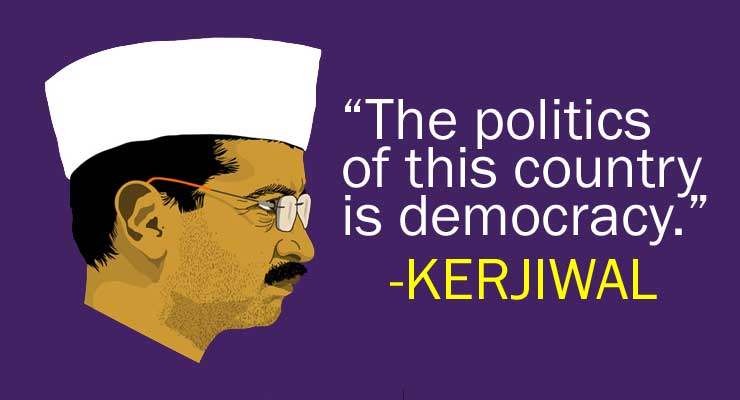 Indians like to call their country the biggest democracy in the world. However, recent developments in the country including crackdown on dissidents has cast a shadow on this reputation. Dr Santosh Kumar Mohapatra had this information in SambadEnglish. Here is an excerpt:
Indians like to call their country the biggest democracy in the world. However, recent developments in the country including crackdown on dissidents has cast a shadow on this reputation. Dr Santosh Kumar Mohapatra had this information in SambadEnglish. Here is an excerpt:
The Constitution was adopted by the Indian Constituent Assembly on 26 November 1949 and came into effect on 26 January 1950 with a democratic government system, affecting the country’s smooth transition towards becoming an independent republic. India celebrates its 73rd
Republic Day this year (2022), when the threat of corona pandemic looms still large that has pushed 4.6 crore people in to poverty while 84% family have faced decline of income. Republic day is an opportune moment to contemplate over the state of democracy in India. Seventy-two years is a long enough time to evaluate whether our democracy is thriving or sliding.
DEMOCRACY DOES NOT MEAN JUST AN ELECTION
India is hailed as the world’s largest democracy, since independence from British colonial rule in 1947. The right to suffrage or vote – one of the important ingredients of democracy- remains intact till today while other aspects of an efficacious democracy are endangered especially liberty. Through regular use of the ballot, millions of Indians have kept faith in democracy, while many of its neighbouring nations have faltered over the post-independence period moving between military and autocratic rule.
Read the full article here.
Leave a Reply